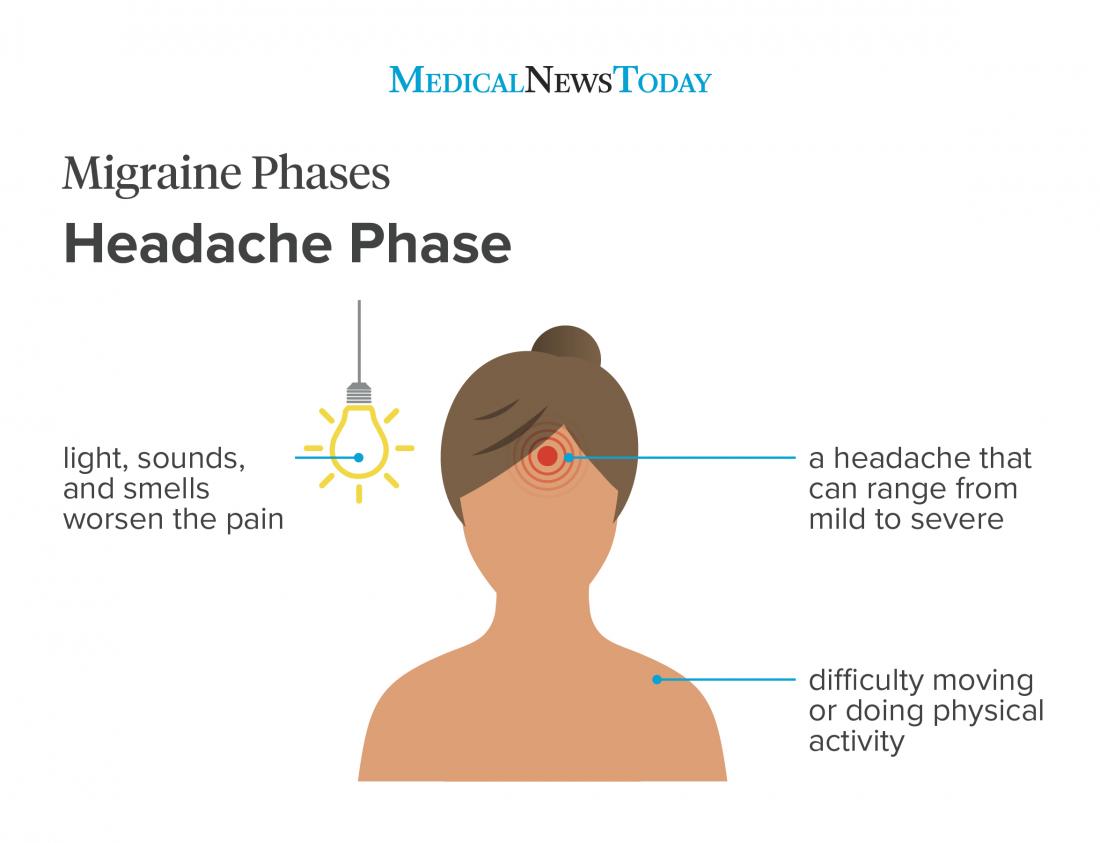
Pain at the back of the head or neck which intensifies on movementIt is caused by inflammation of the blood vessels of the head or bony changes in the structures of the neck. Extremely high blood pressure can also cause a headache.

Factors that lead to headaches may be.
What causes headache pain. A primary headache is caused by overactivity of or problems with pain-sensitive structures in your head. A primary headache isnt a symptom of an underlying disease. Chemical activity in your brain the nerves or blood vessels surrounding your skull or the muscles of your head and neck or some combination of these factors can play a role in.
Types and causes of common headaches The most common types of headaches are tension and migraine headaches. Tension headaches strike when the muscles in the head and neck tighten. Migraines come on when supersensitive nerve endings in the brain create pain.
The pain you feel during a headache comes from a mix of signals between your brain blood vessels and nearby nerves. Specific nerves in your blood vessels and head muscles switch on. Headaches are a common health problem most people experience them at some time.
Factors that lead to headaches may be. Emotional such as stress depression or anxiety medical such as migraine. These are known as toxic headache.
Changes in circulation and blood flow or trauma can also cause headache. Changes in brain chemistry may also be associated with headache. Medication reactions drug abuse and drug withdrawal can all cause pain.
Every person is different so the history of the headache is important. Brief stabs of pain are common in people with Cervicogenic Headache. Trigeminal Neuralgia can cause sharp head pains involving the lower part of the face.
This sudden stabbing or shooting pain affects your cheek or jaw. Touch or movement trigger this intense sharp head pain. Arthritis headaches are caused by inflammation and swelling in the neck area.
They often cause pain in the back of the head and neck. Arthritis and other disorders affecting the bones of the uppermost spine at the base of the skull can cause both headaches and earaches. The pain usually arises due to the compression of nerves as they exit the spinal cord.
Headaches due to this cause usually occur at the back of the head while ear pain can occur in one or both ears. Cervicogenic headache A cervicogenic headache will always start as pain in back of head at base of skull. It is almost always caused by neck stress such as a damaged disk or an injury.
Eventually the pain will spread possibly to the top of the head and in severe cases cause blurred vision dizziness and mobility difficulties. Many medical conditions can cause headaches that may be severe. For example an eye condition called glaucoma can trigger an acute and severe headache.
Extremely high blood pressure can also cause a headache. Pain at the back of the head or neck which intensifies on movementIt is caused by inflammation of the blood vessels of the head or bony changes in the structures of the neck. The cause of pain is unknown Treatment.
Anti-inflammatory drugs muscle relaxants Prevention.